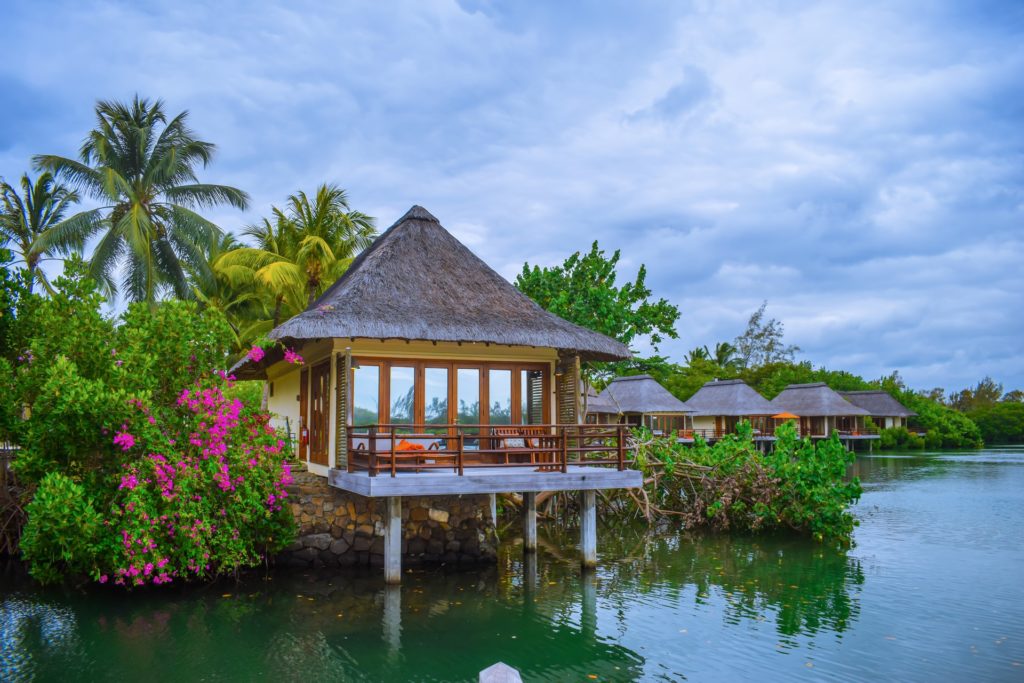Scrolling through social media, I came upon a conversation where people were sharing why they were grateful to be African. Smiling as I glanced at some of the replies, there was one commenter– a White woman– who proudly shared that her grandparents were born in Africa, her parents were born in Africa and she was born in Africa and so, according to her, she was a proud African woman. Sadly, this woman expressed more pride in being African than some Black people I know. It was at that point that I shut the app down and began to wonder if Whites born in Africa are actually African?
This isn’t a new concept or question. We all know South Africa, for example, is full of White people who go back generations in the country and consider themselves African. But South Africa isn’t the only African country where non-Black people are found and it isn’t the only country where non-Black children are being born. See, Europeans, Arabs, Chinese— all sorts of non-African people love the continent for its tropical weather, arid landscapes and business opportunities galore. All over the continent, you’ll find people and families who’ve settled on calling Africa home and I can imagine after a generation or two their children may even consider themselves African. But are they, really?
I even know of a couple of YouTubers who are not Black, but who grew up in Africa. One was born to a White father and Polynesian mother who raised their family in Kenya. The other was born to two European White parents who raised their children in South Africa. Clearly, they are not Black, but both have spent more time on the continent than myself and many of you reading this who call yourselves African-American, Afro-Latinx, etc.
Now this isn’t a conversation about how things should be, but how they actually are. It’s easy to say that certain groups shouldn’t have colonized particular countries in Africa or that they don’t belong on the continent at all based on past sins which include Apartheid. It’s easy to say that some are flooding the continent at this moment not because they’re in love with it, but as a play to occupy as much land and resources as possible. We can certainly have those conversations at another time, but this isn’t about that. This is just a plain and simple question of who is African and who isn’t?
Certainly, Africa isn’t all Black even by native standards. For example, many Egyptians and other Northern Africans tend to be very light on the melanin side, yet their ancestry in Africa goes back thousands of years. There are other African countries like Mauritius, an island in the Indian Ocean off the southern tip of Africa, where the population is not just Black African, but is actually a large mixture of Indian, Chinese and French descended people, too.

No shade to any non-Black native Africans, but I admit that– due to slavery, colonization and all of the conditioning that comes with each– I tend to think of the African continent as a land of Black Africans, only. That’s just how I grew up believing Africa was. I also accept that, regardless of my perceptions, this just isn’t how the Motherland actually is. There are a variety of different people groups all over the continent many of whom are not Black, but their African roots go back as far as my own do. Many of them have lived on the continent their entire lives whereas, through no fault of my own, I didn’t set foot on African soil until I was a fully grown adult.
For today, though, (because of history and the whole Black/White divide being most familiar to us) I want to know your thoughts specifically on the question of whether or not Whites born on the continent are African? Would you challenge a White person if you heard them say that they were on social media or in person? If you would, on what grounds would you do so? Seeing that many of us (and I’m talking to the diaspora now, especially American CHOSSA) do not claim Africa as our homeland, do we have the grounds to question any non-Black person who does? Let’s talk about it in the comments below and please share this post with anyone you think might appreciate it.
